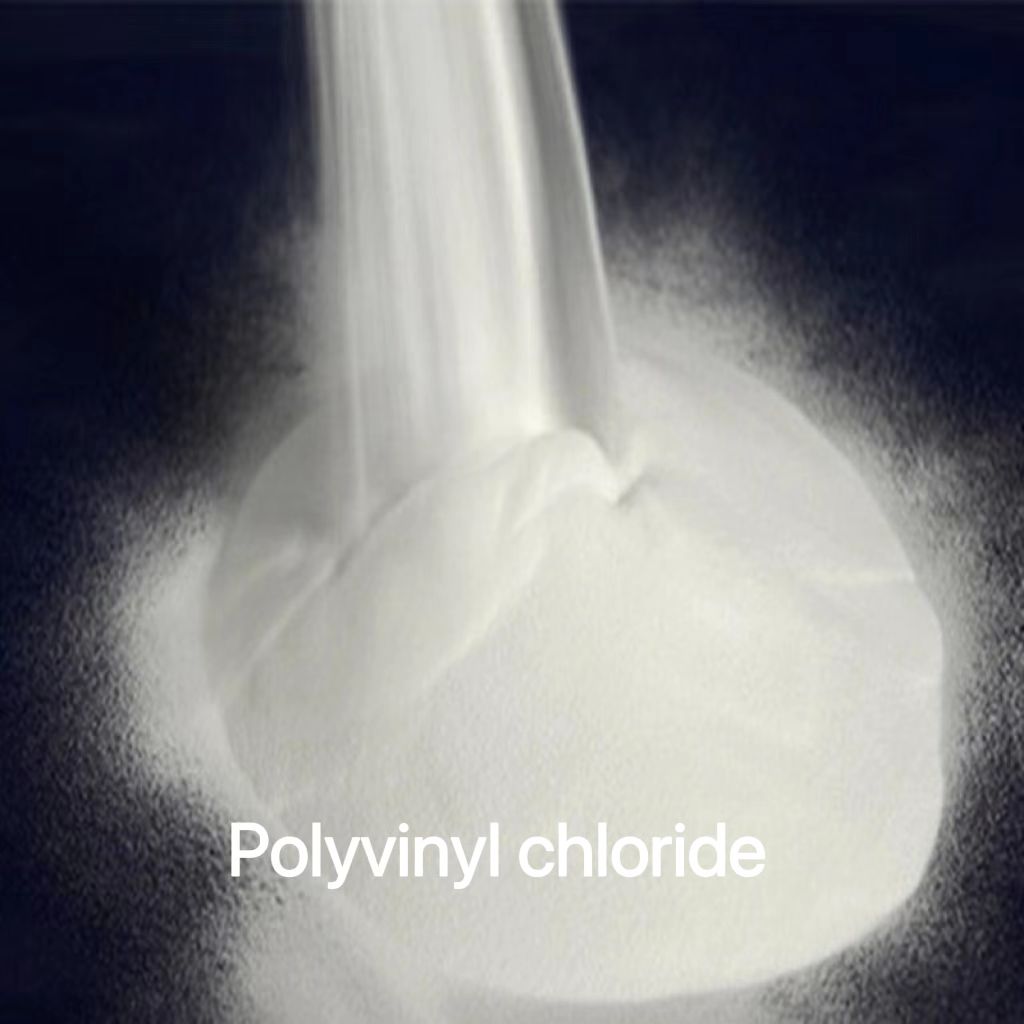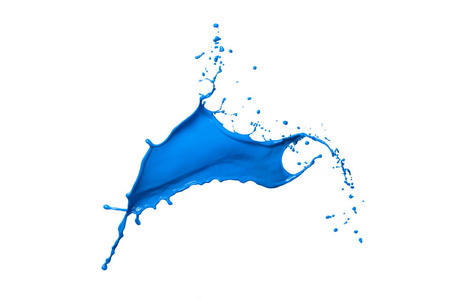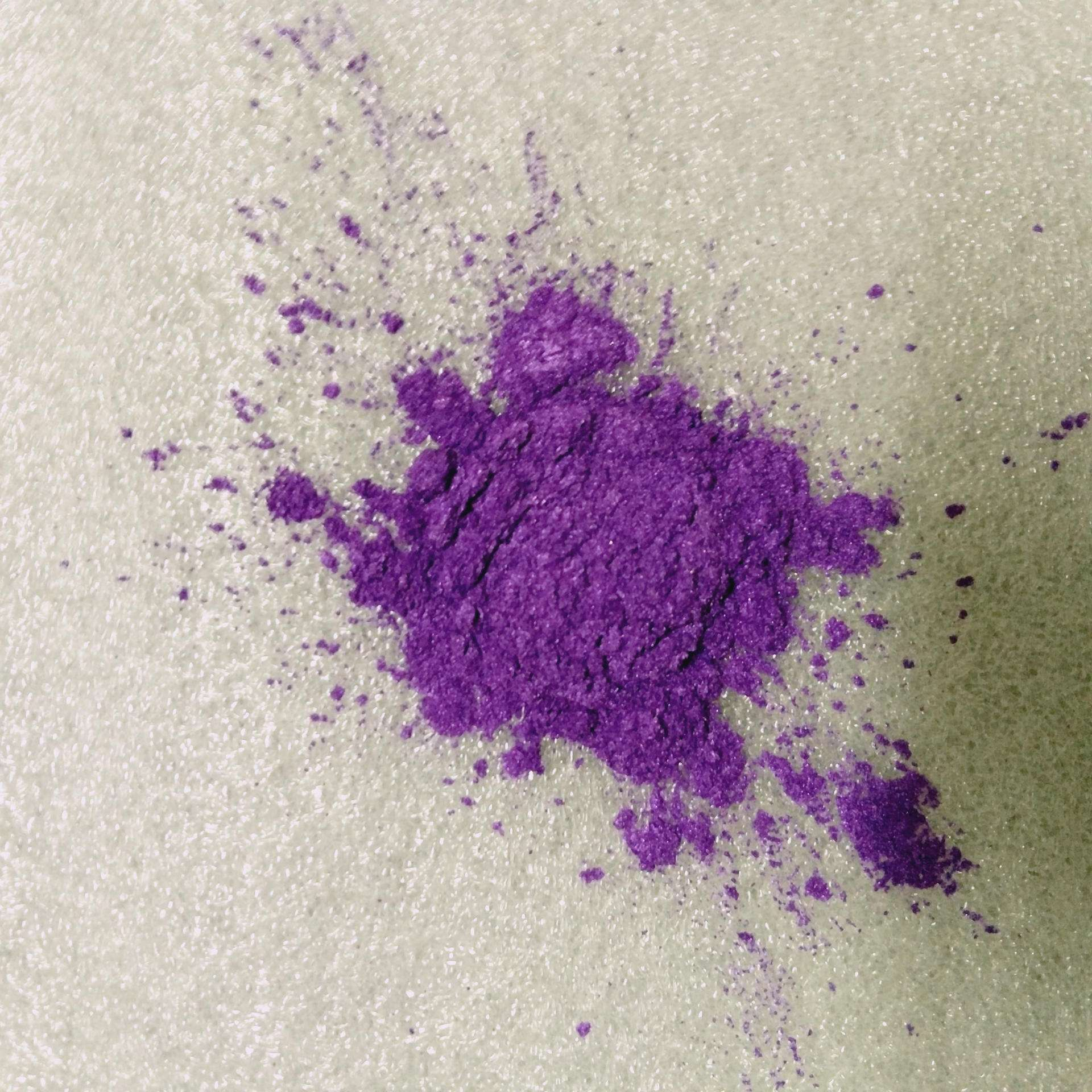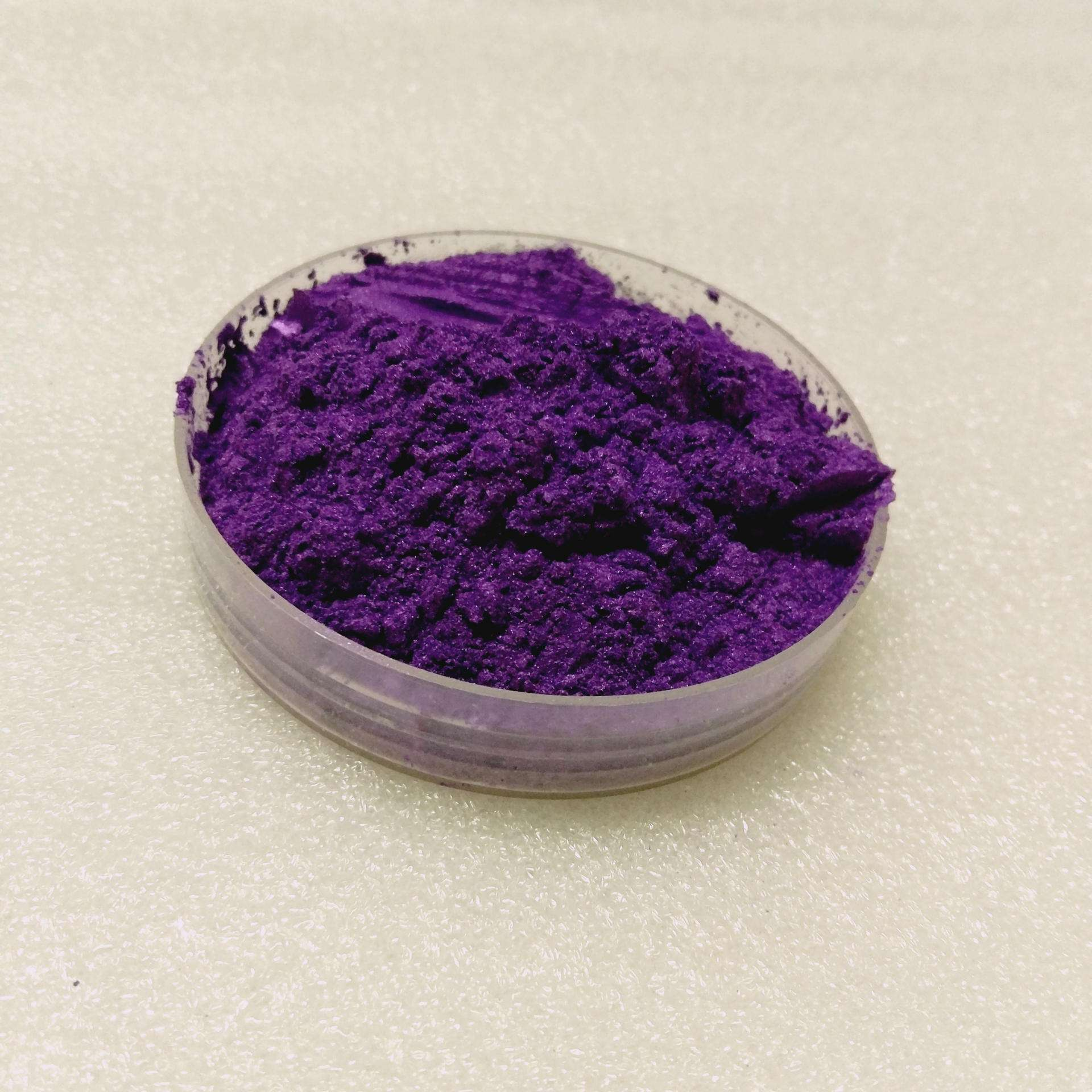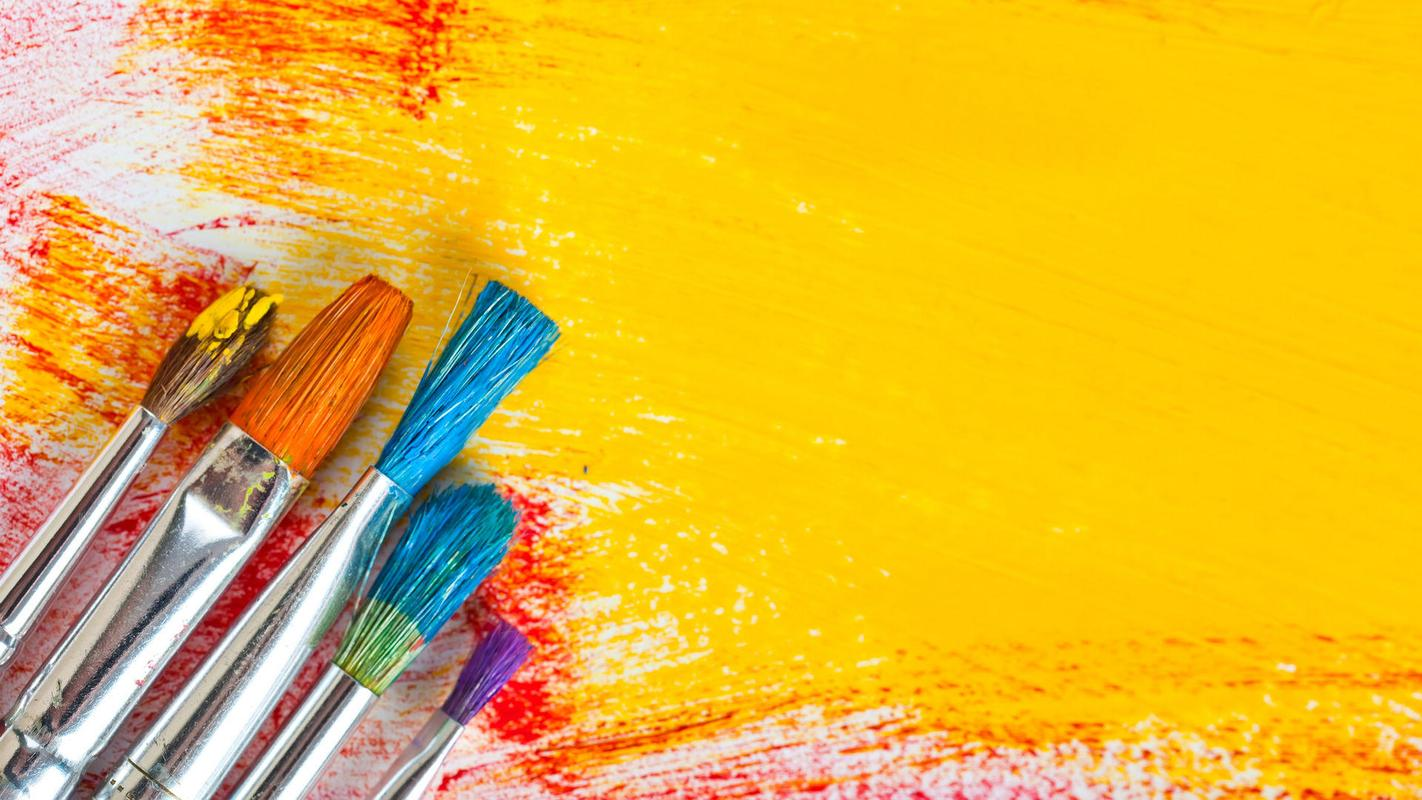Safety Information about polyvinyl chloride
Many polyvinyl chloride(PVC) products are certified to meet special requirements set by regulatory authorities or other standards. Polyvinyl Chloride (PVC) pipe for delivering drinking water must be certified by NSF International to conform to U.S. Environmental Protection Agency (EPA) safety regulations. Medical and food-contact products must meet U.S. Food and Drug Administration regulations.
While some new polyvinyl chloride(PVC) products have an odor, the small amount of volatile organic compounds (VOCs) emitted will dissipate quickly through normal ventilation â in fact, tests have shown that the initial odor of vinyl wall coverings dissipates much faster than odors from most paints.
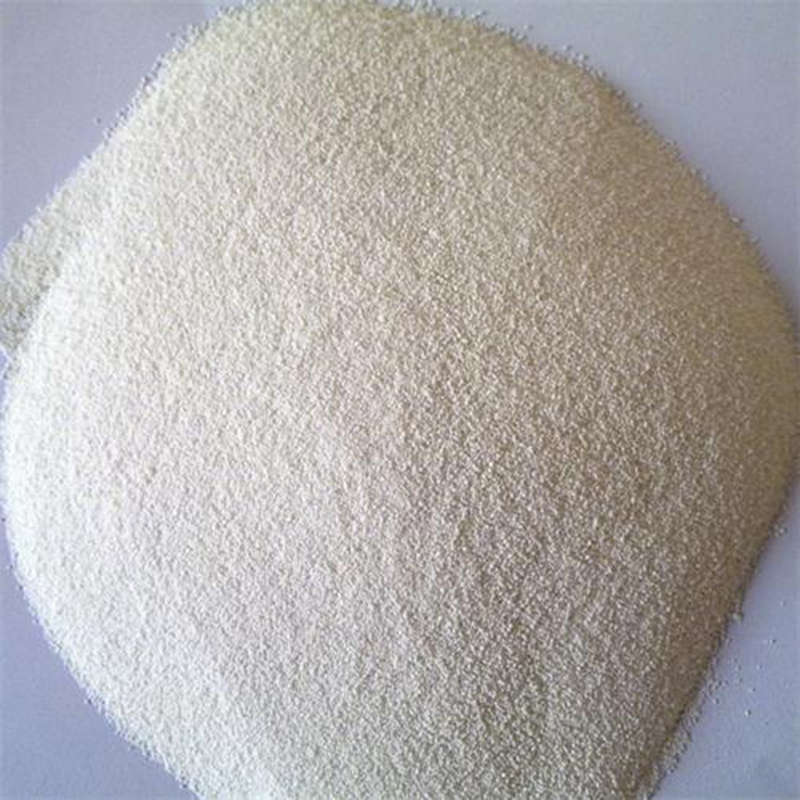
Polyvinyl chloride (PVC) is manufactured by polymerizing (linking together) a chemical called polyvinyl chloride. Regulations strictly limit levels of polyvinyl chloride in the workplace and in emissions from manufacturing plants. Manufacturers convert as much polyvinyl chloride into PVC as possible to make maximum use of this raw material, then apply steam to strip out the remaining polyvinyl chloride so that levels in the finished vinyl are negligible.
Sanlian Polyvinyl Chloride Resin SG5
Polyvinyl chloride SG-5 type zhongyan
- Petroleum Coke Market Analysis Analysis of domestic petroleum coke index(December 23, 2024)731
- Titanium Market Overview(December 25, 2024)572
- Caustic soda: Liquid caustic soda market rose and fell differently, flake caustic soda market rose slightly in some parts, and futures prices were sideways(December 25, 2024)270
- Polyethylene PE: Spot prices are stable with small fluctuations, and linear supply is still tight(December 25, 2024)425
- Polypropylene PP: Spot prices are consolidating in a narrow range, and the supply side is under pressure(December 25, 2024)370

